Plastic trash in the school cafeteria, such as polystyrene (or styrofoam, or foam) trays and plastic “sporks” (or cutlery), is not only an environmental concern, but may actually pose serious health threats to children, either directly through the migration of chemicals to hot food, or indirectly by way of the disposal of plastic trash through incineration (or burning) of garbage.
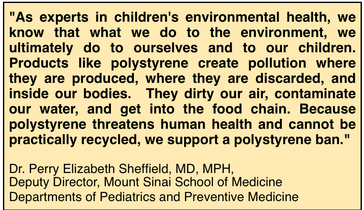
Of added concern, many children enjoy scraping their foam trays when they are eating with a "spork" or fork, possibly eating small bits of styrene. After a usage time of about 20 minutes, whether incinerated, landfilled, or littered, styrene containers leave a trail of toxic particles that will last forever in the natural environment.
In 2010, after grassroots pressure from parents, the directors of New York City School Food, the largest school food service in the US, serving 860,000 meals per day, made the decision to reduce styrene foam tray usage by initiating Trayless Tuesdays, that resulted in an immediate 20% reduction of foam trays across the city without any additional cost to the city. Several years later, they joined forces with the 5 other largest urban school districts by forming the Urban School Food Alliance to collectively-purchase and drive down the cost of a new compostable plate. As of the fall of 2015, these 6 cities combined have completely eliminated half a billion foam trays per year from landfills., incinerators and student meals across the US.
If your school is still serving school meals on foam trays, this is a perfect time to focus on plastic-free and zero waste initiatives. It can, however, be challenging to bring busy school administrators and school food and custodial staff on board.
Starting a student-led Cafeteria Ranger program is a great first step for reducing school food and packaging garbage, while gaining school-wide buy-in. Separating post-lunch recyclables and garbage with students as the leaders is an excellent way for the entire school community to visualize the amounts of resources and potential resources versus trash though a daily ritual that benefits both the school and community (watch “SORT2SAVE cheer - zero waste cafeteria is almost here”).
This can also create a powerful domino effect, sparking interest in plastic-free campaigns, such as plastic water-bottle bans, and plastic straw-free schools. It can even inspire student-led plastic-free advocacy and youth-made plastic free waters video campaigns that reach far beyond the school!
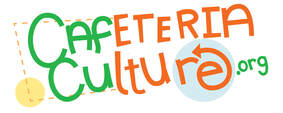
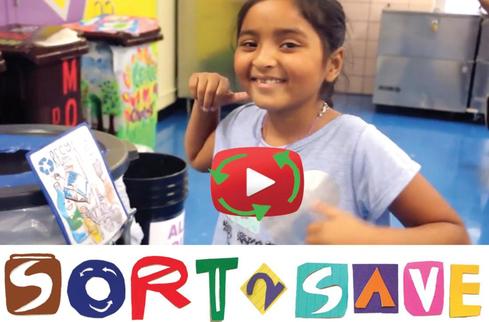
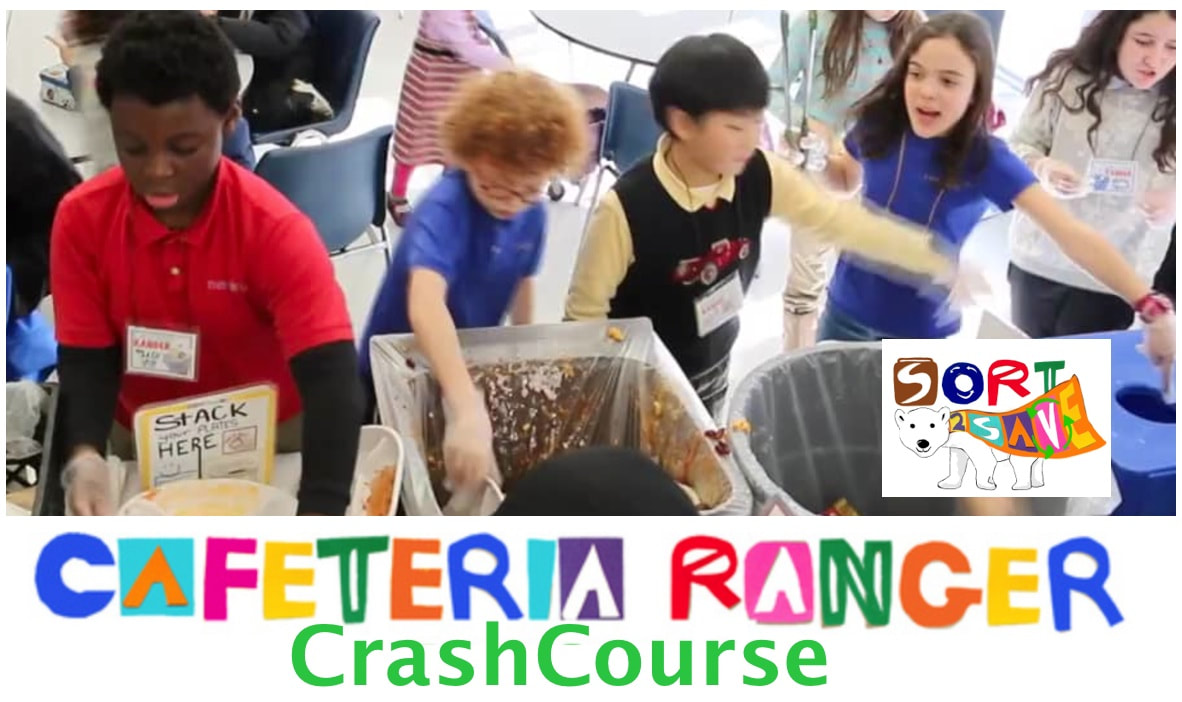
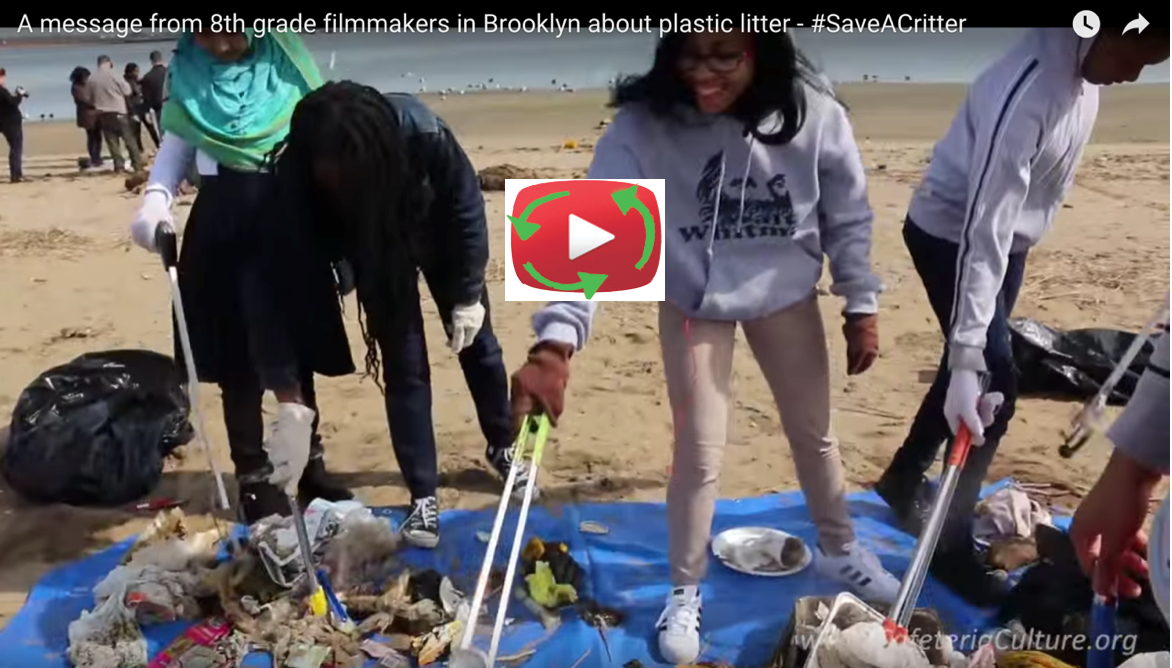
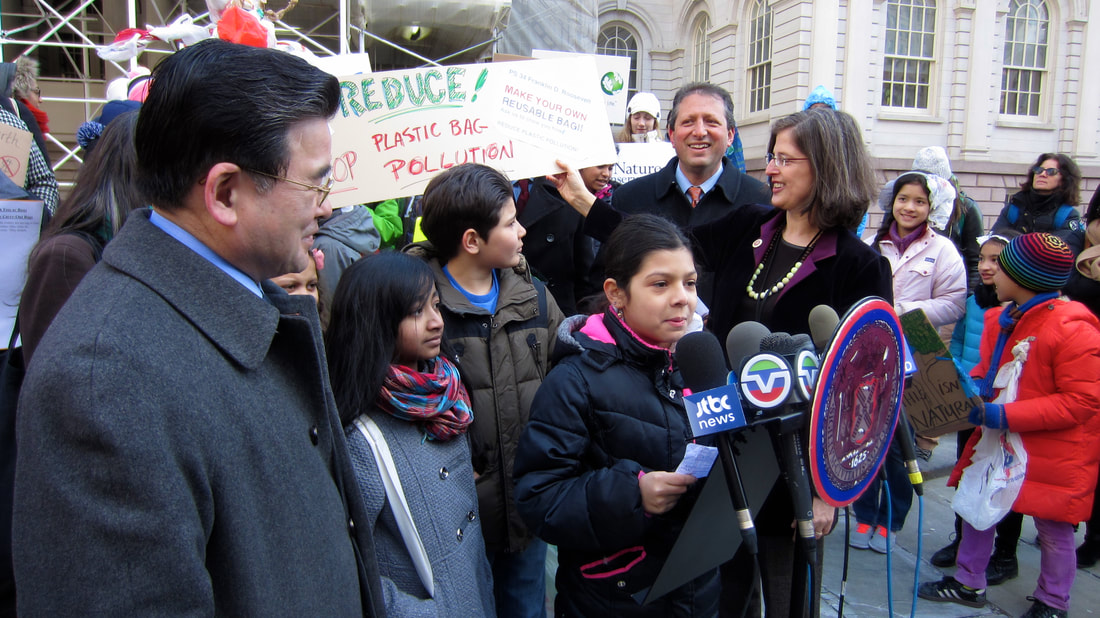
 RSS Feed
RSS Feed